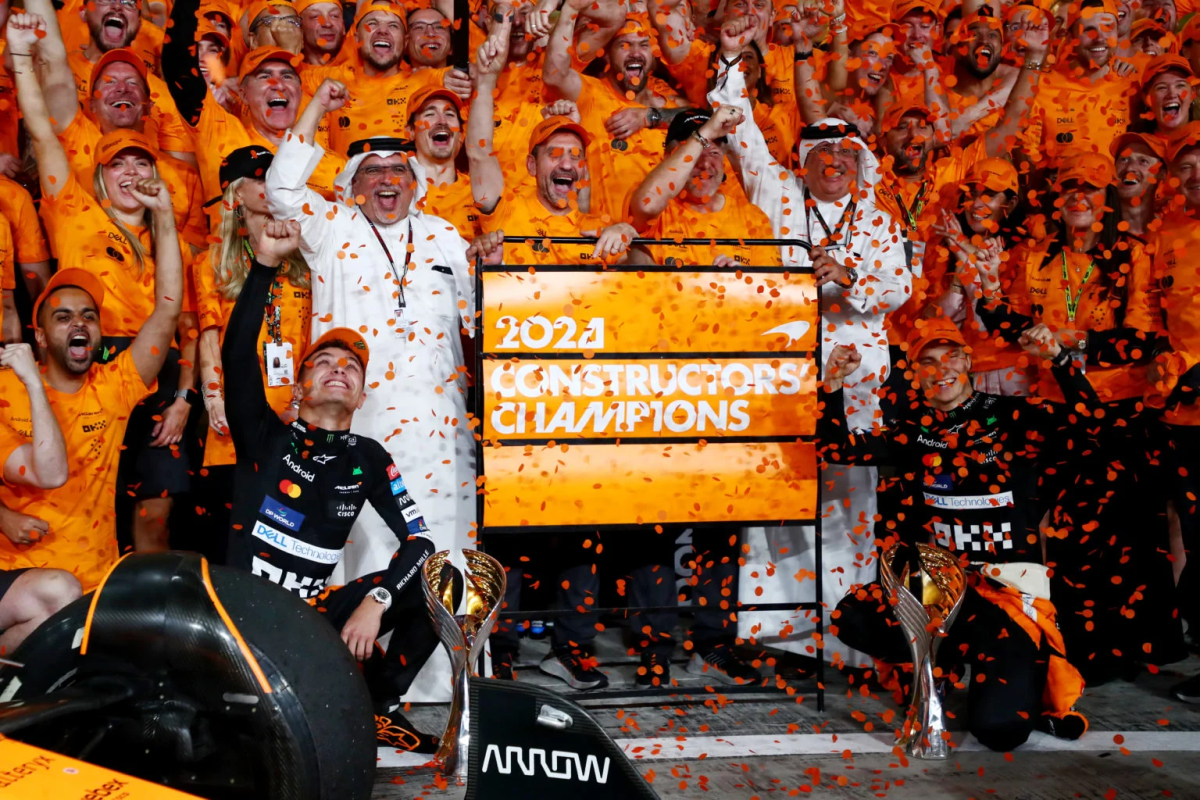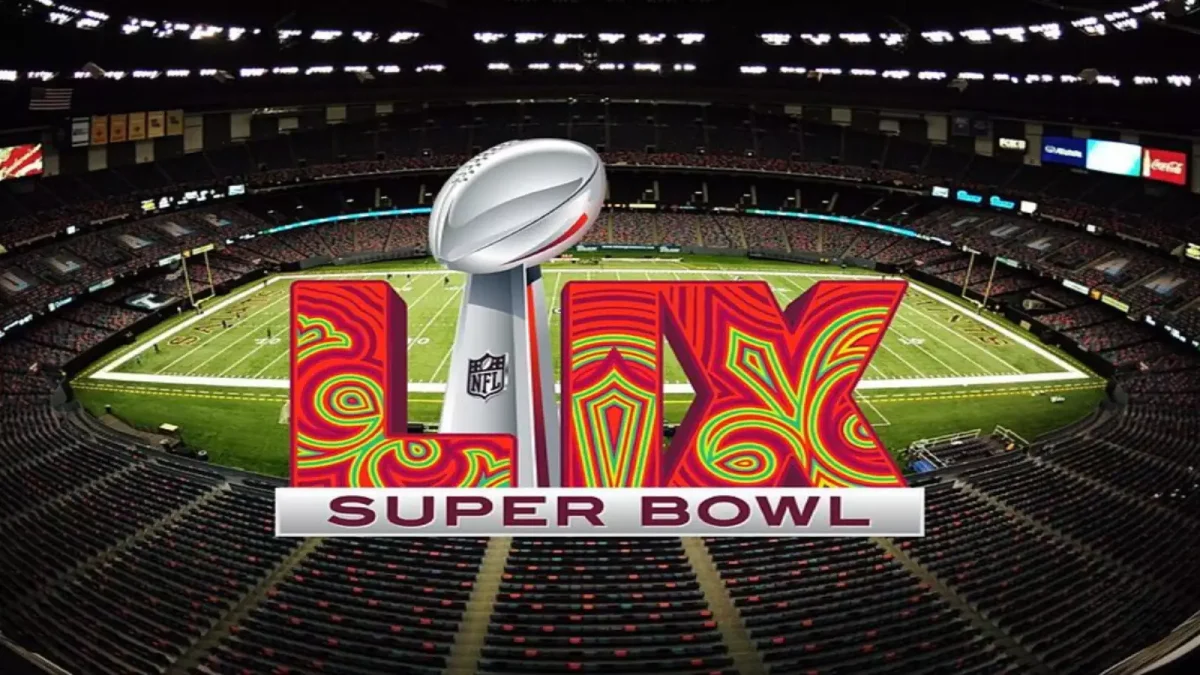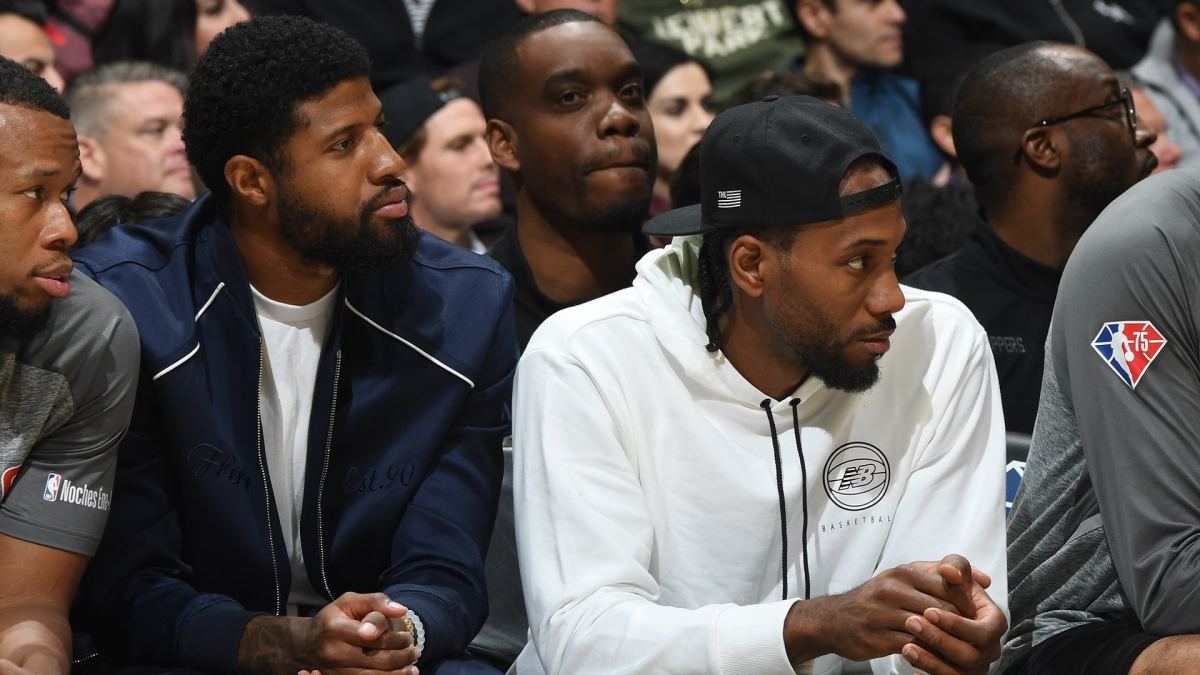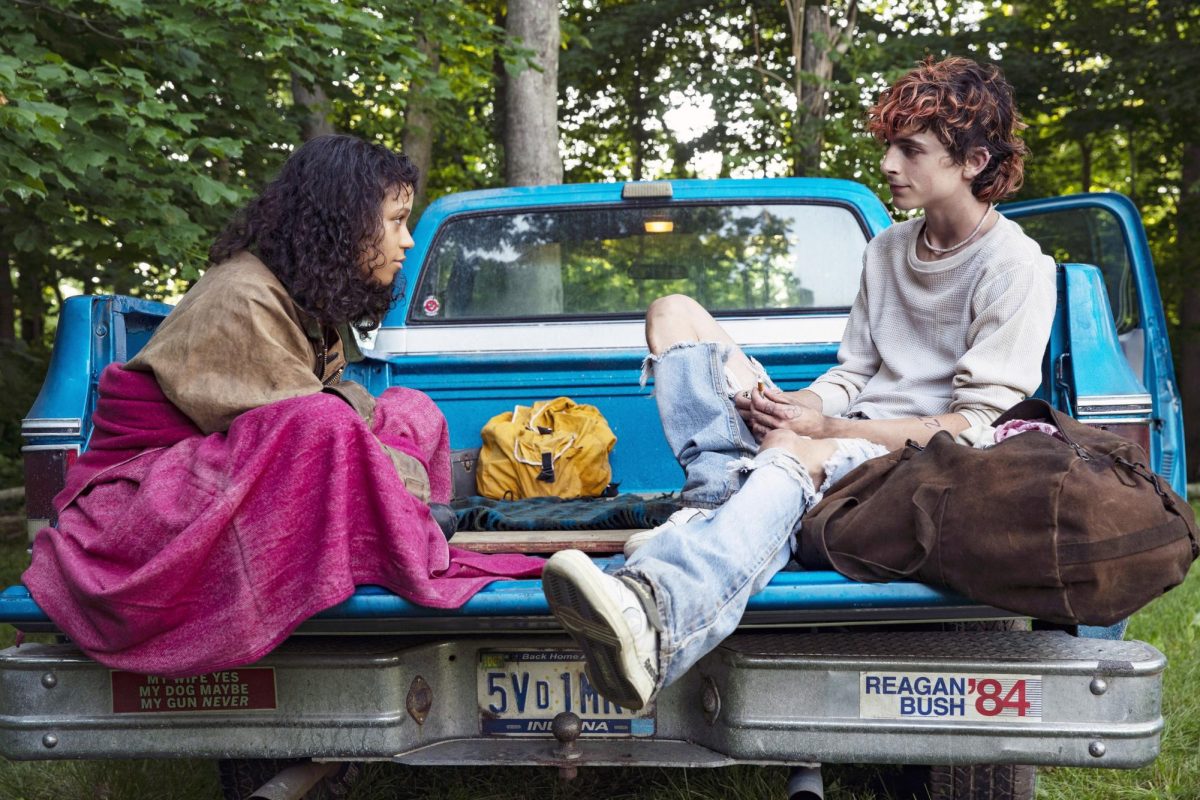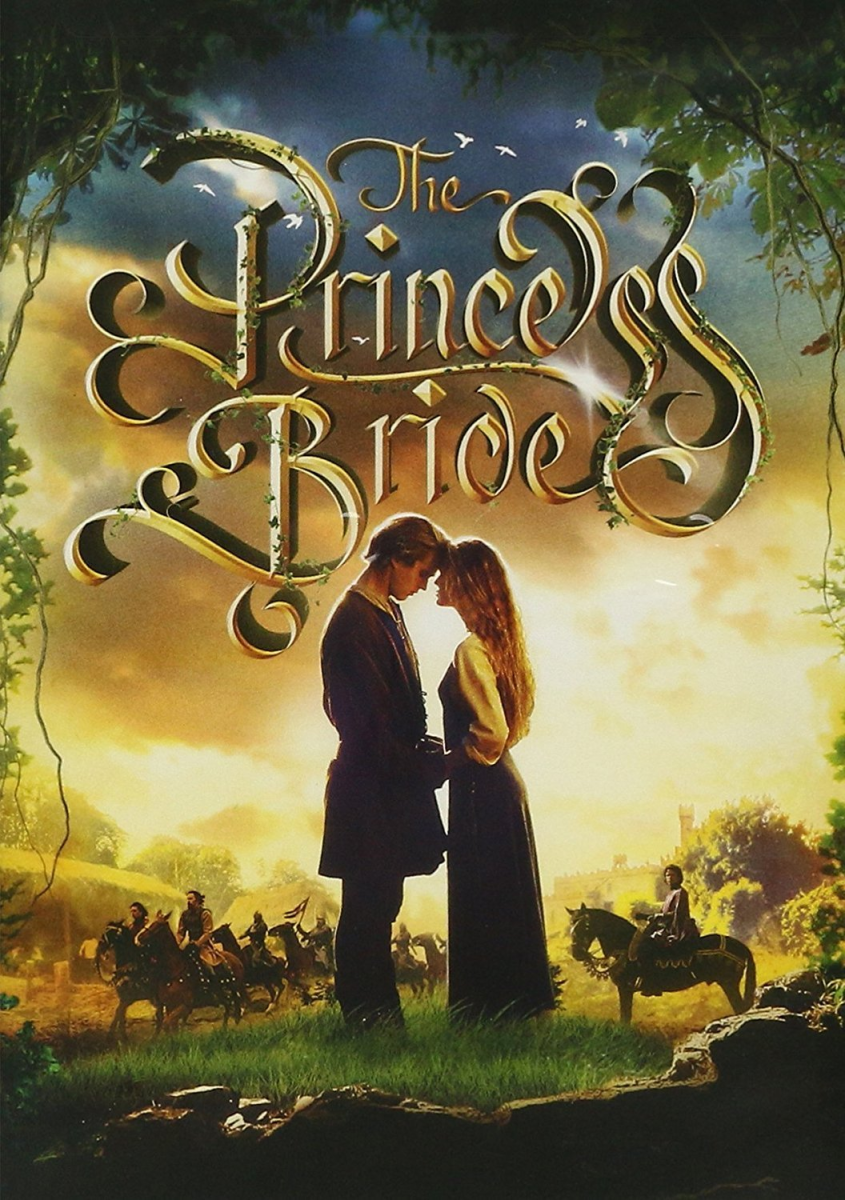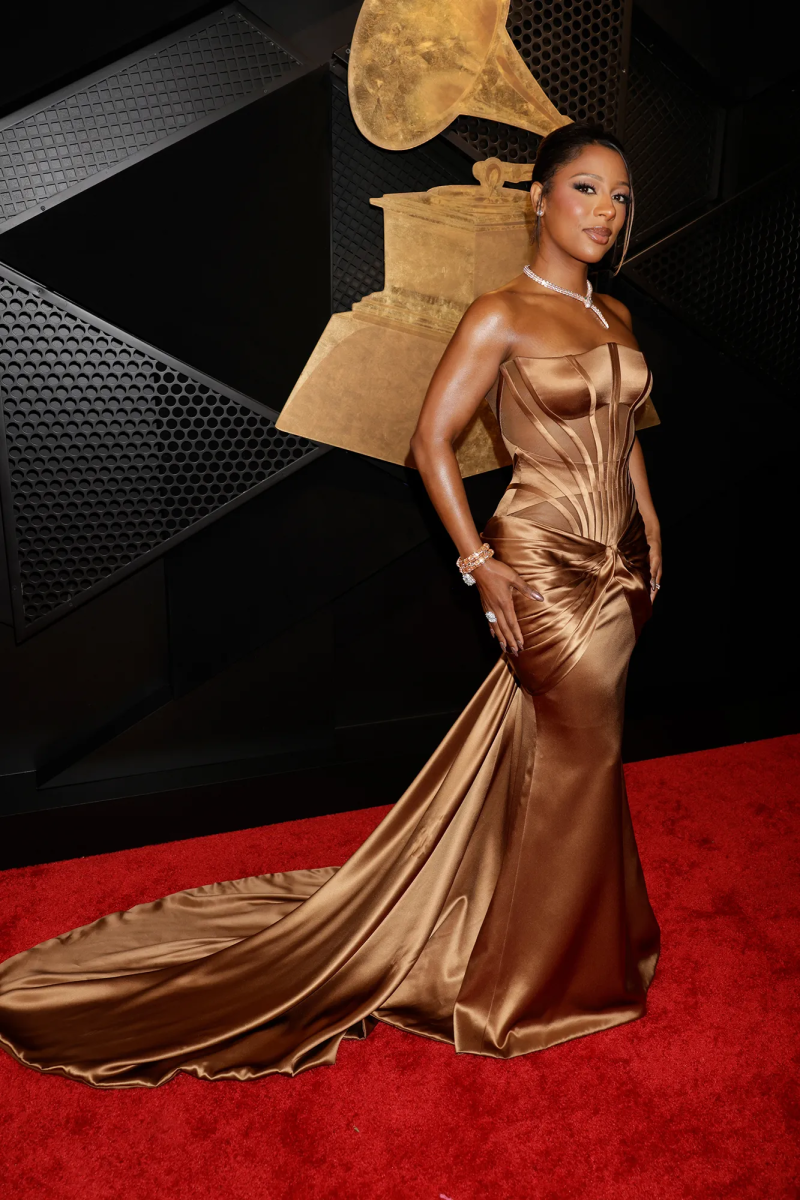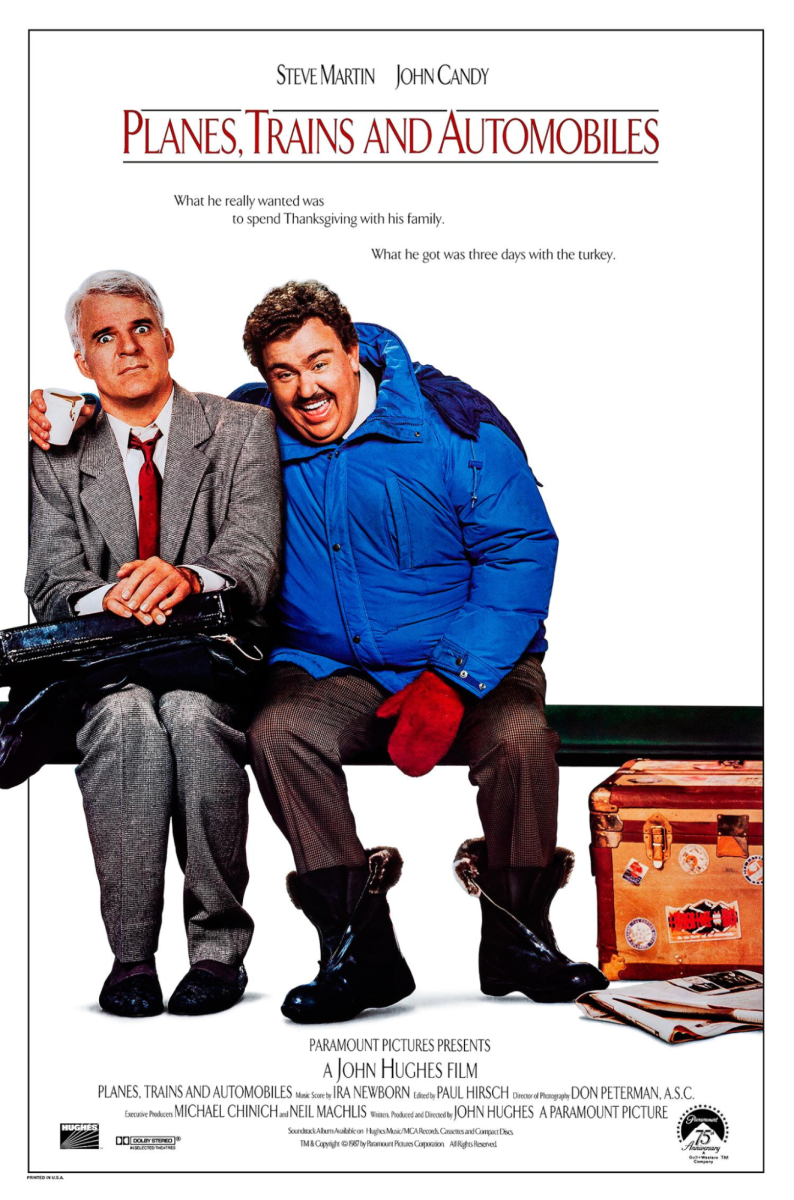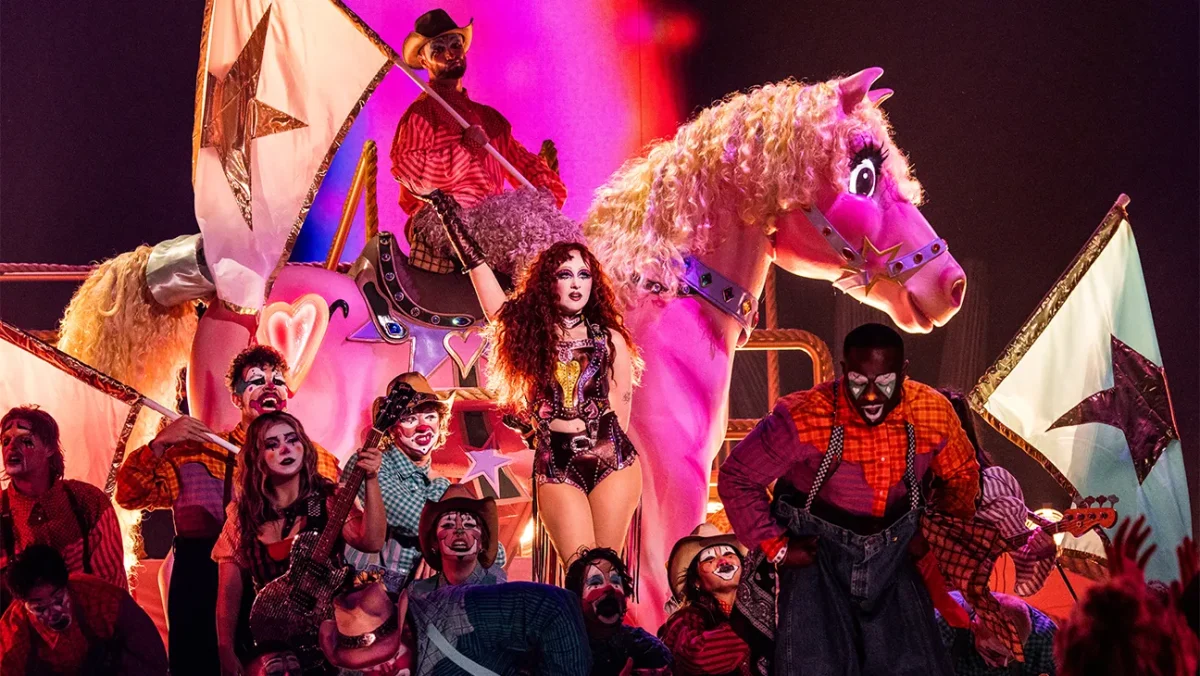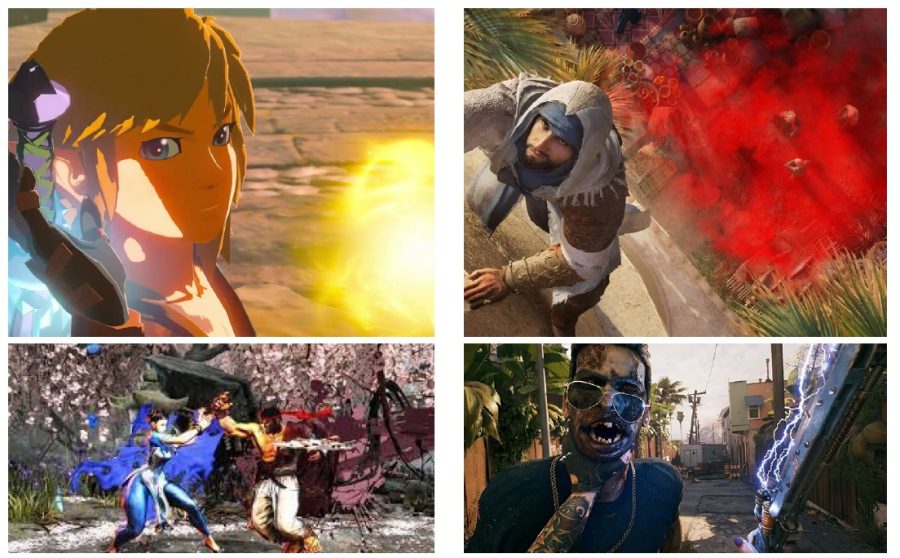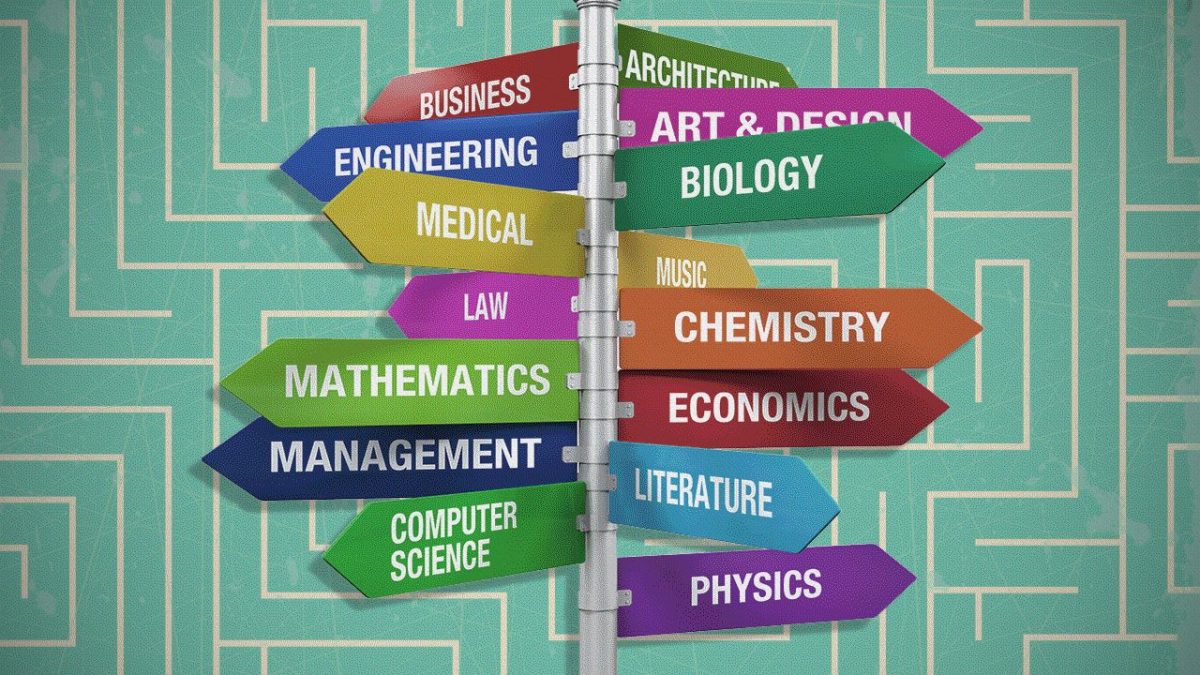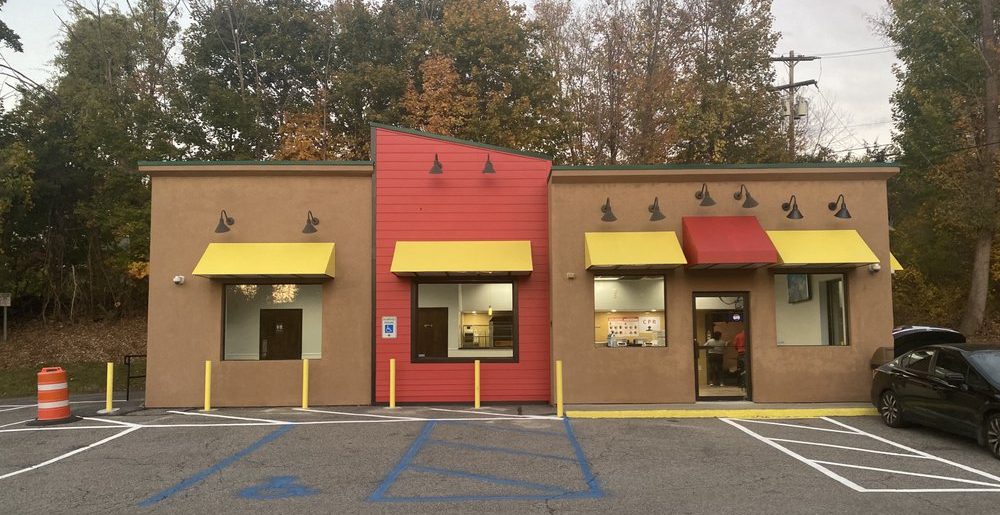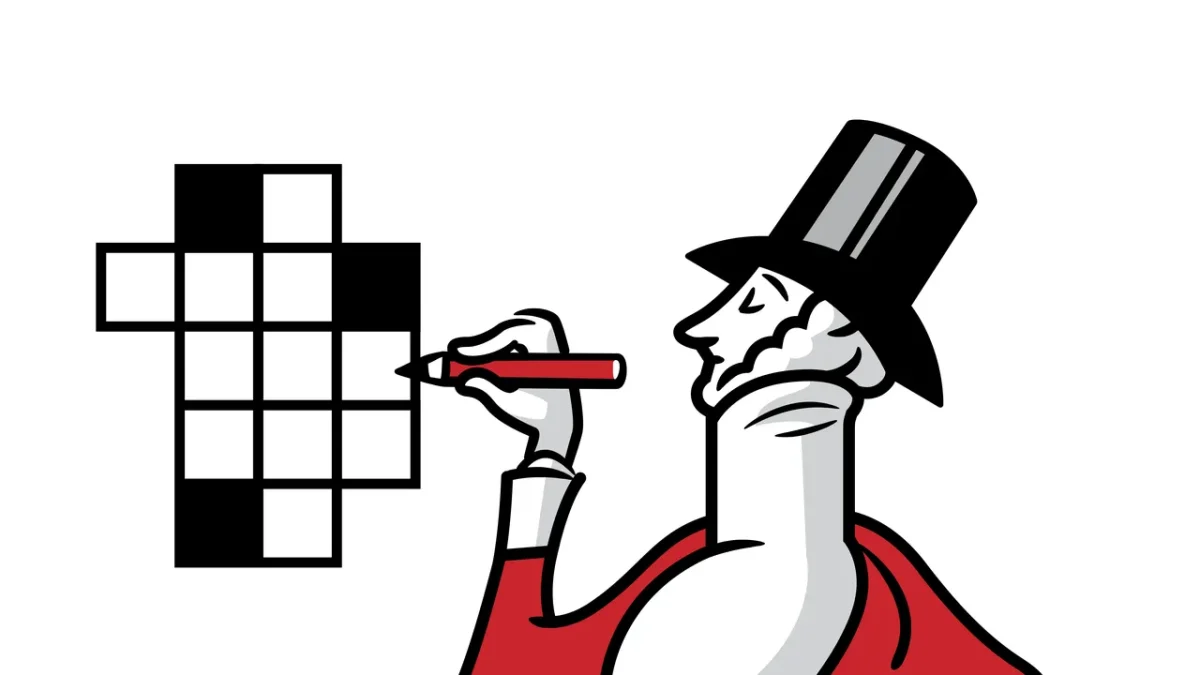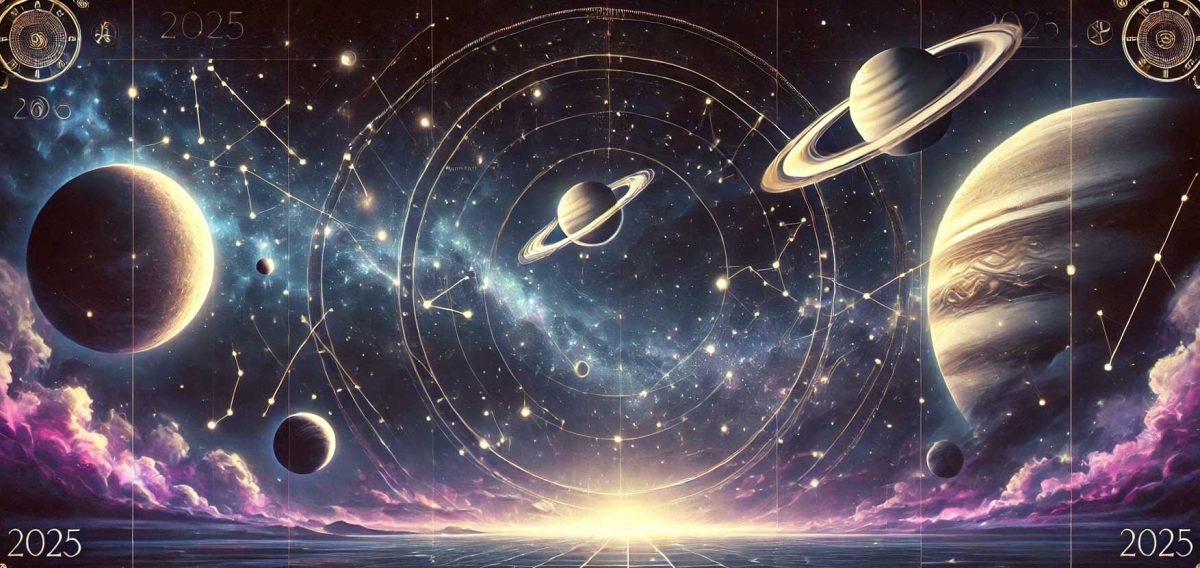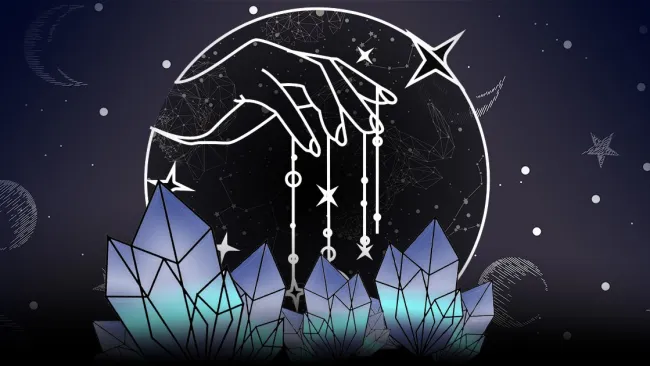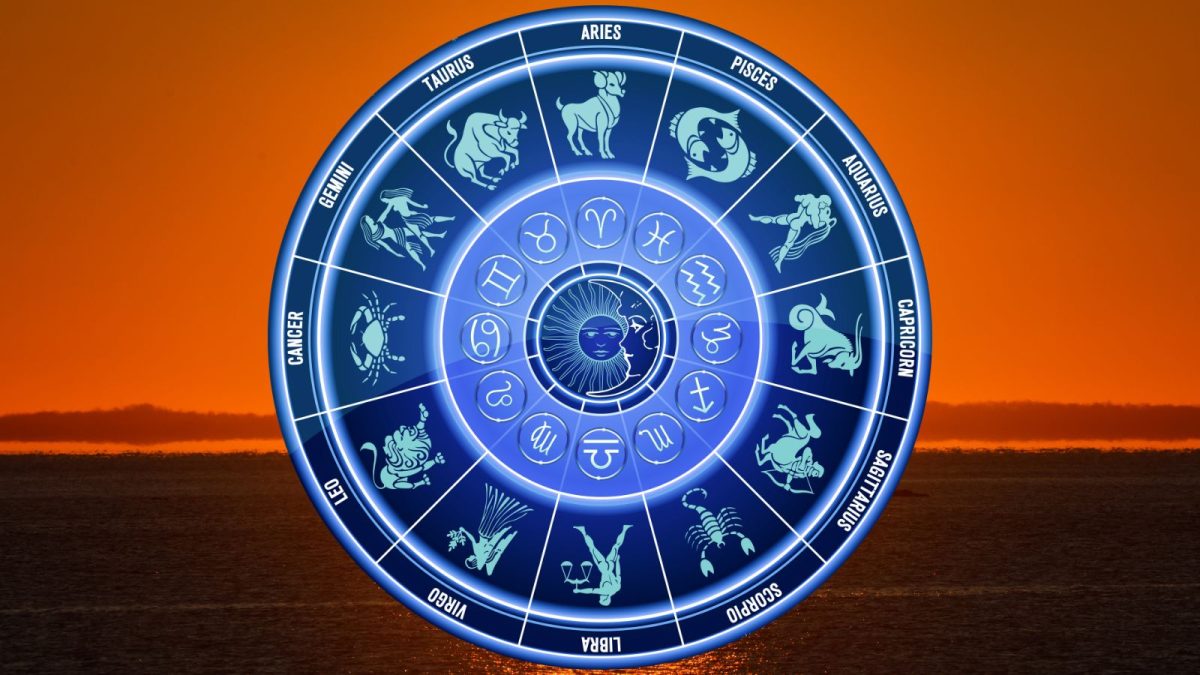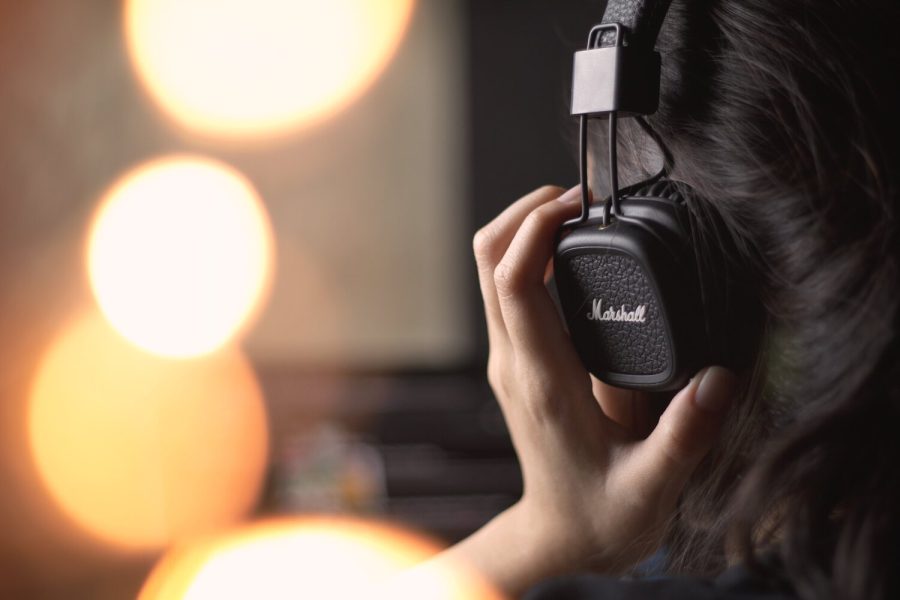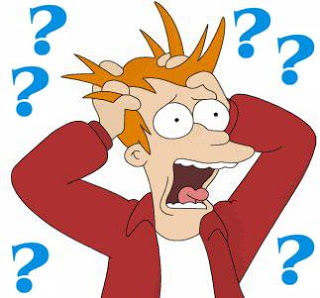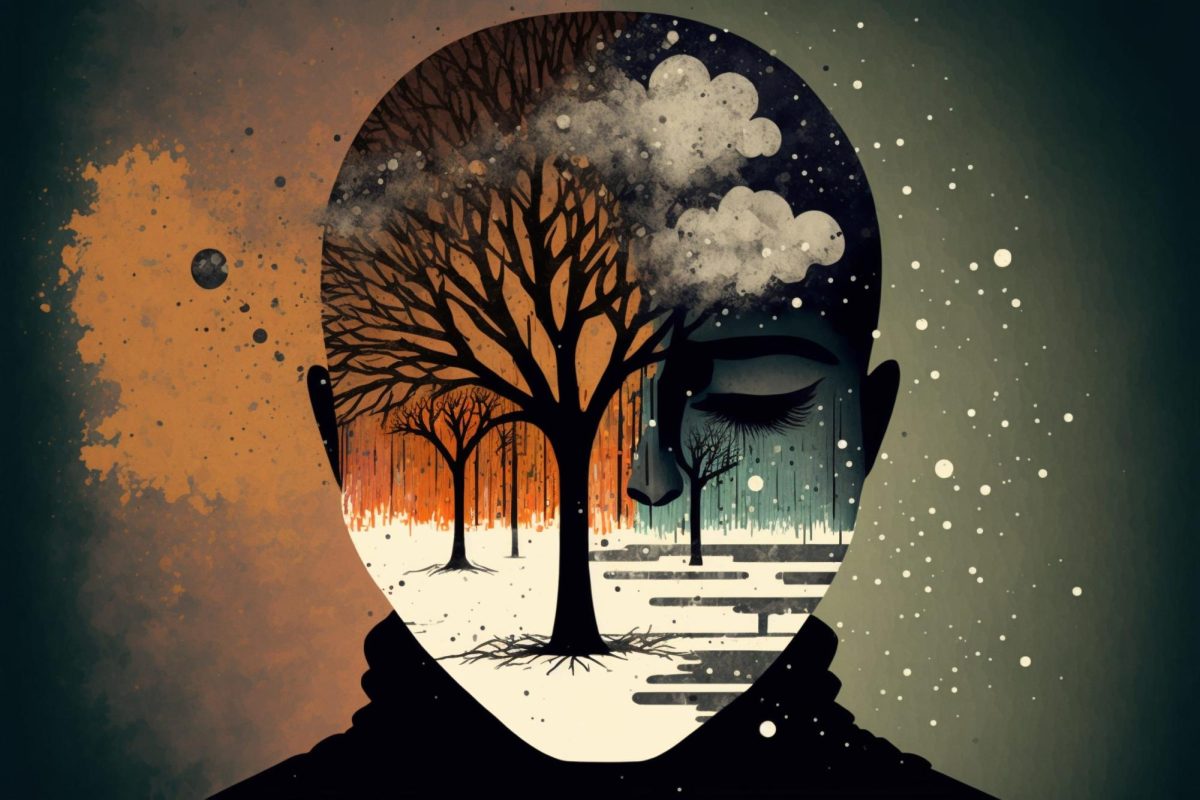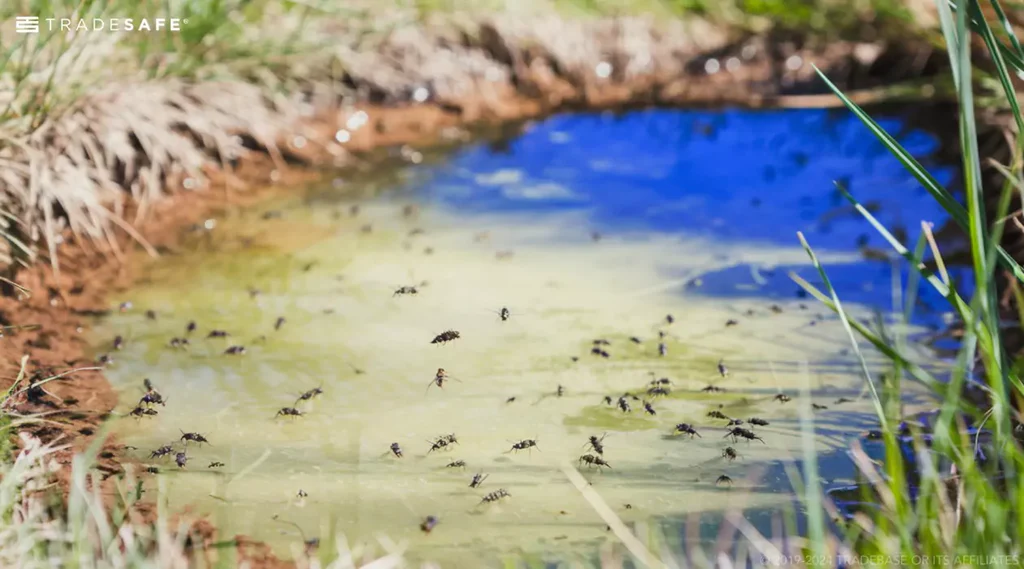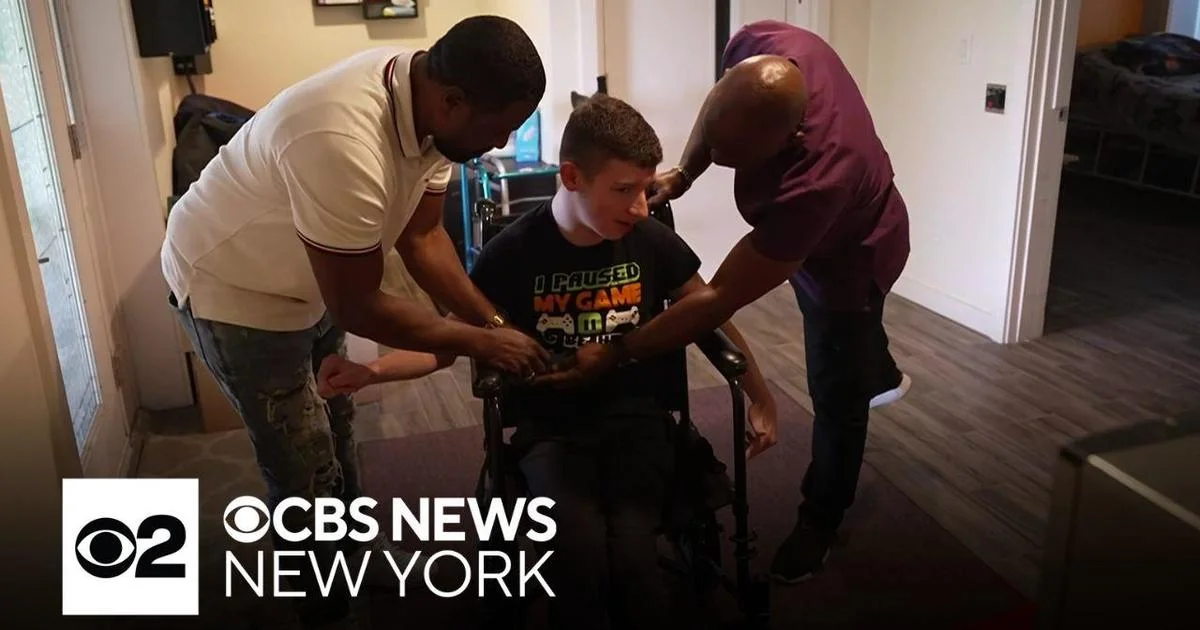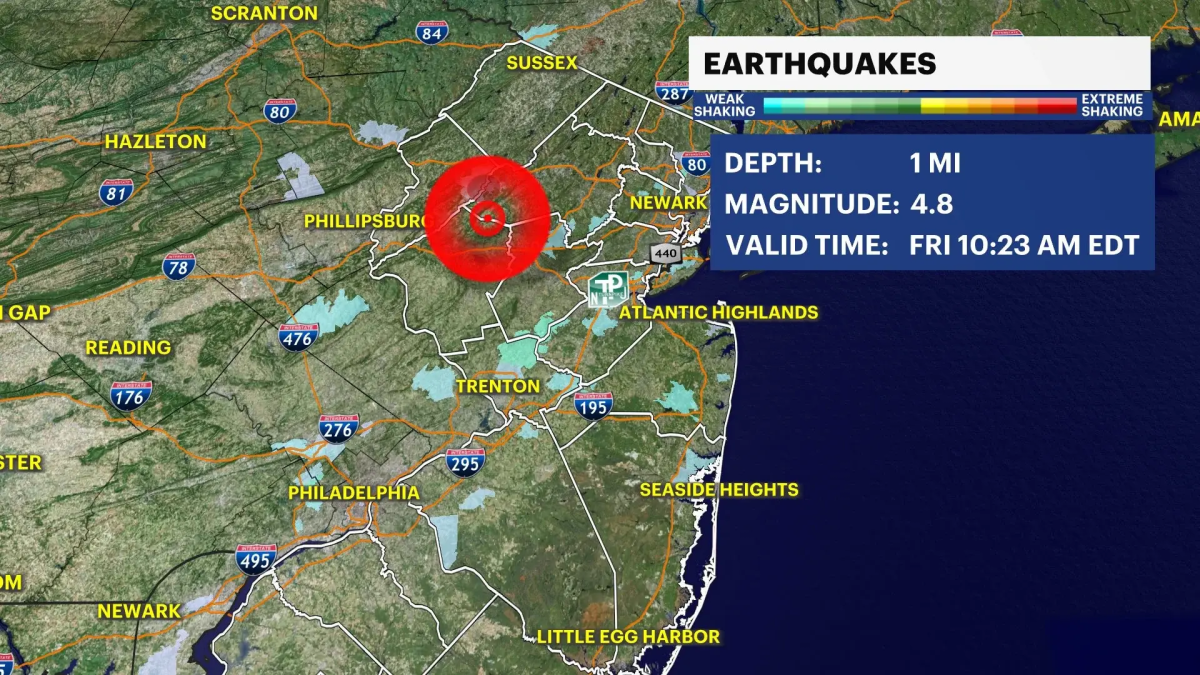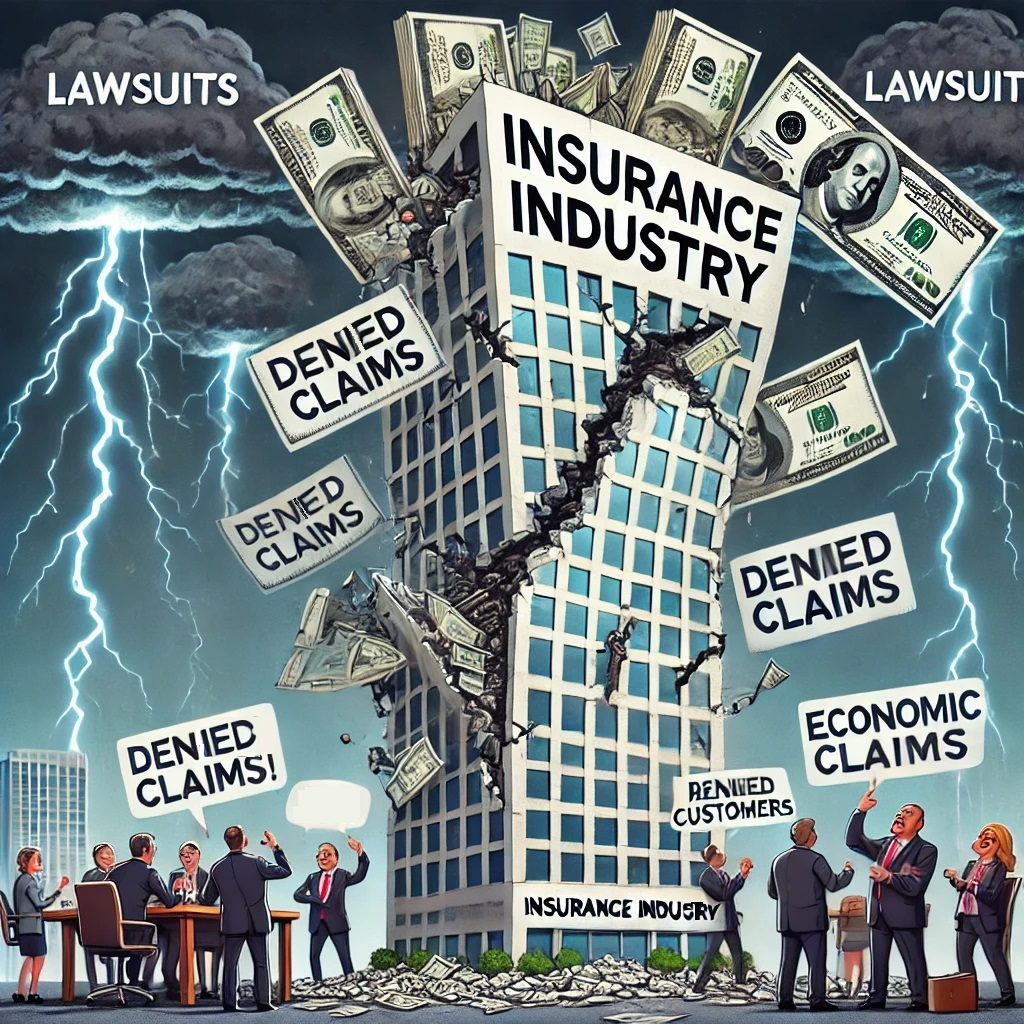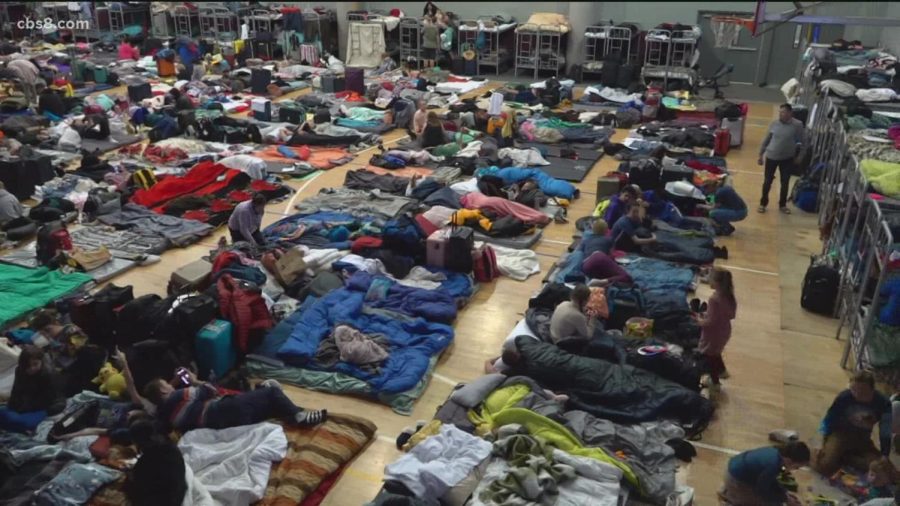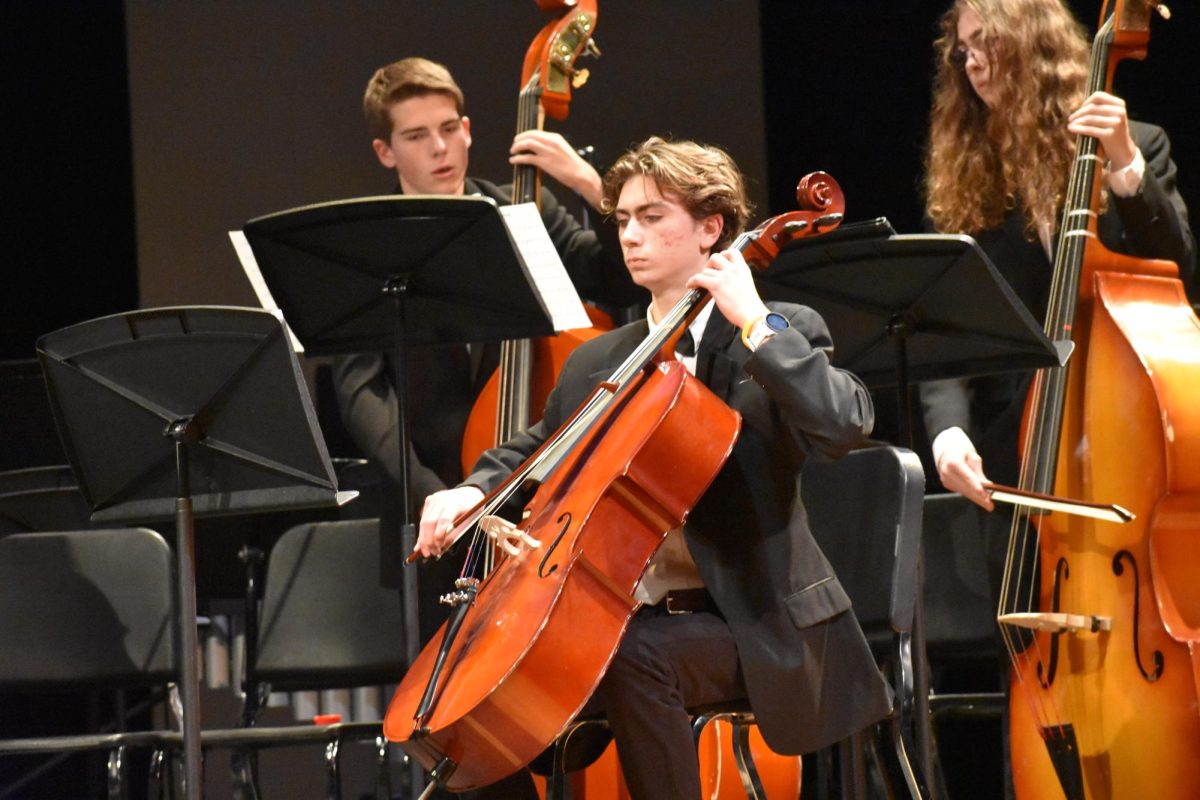Division is the hinge between everything and nothing. It separates the world into categories that, on the surface, make everything clearer, more manageable, even beautiful in their crisp clarity. But these same categories also hide what they are trying to illustrate, creating shadows of things that can’t be fully seen, can’t be truly grasped. And, as we’ll come to see, the more division we impose on the world, the more the world becomes a puzzle of pieces too small to ever reassemble.
When looking at the bigger picture, division isn’t something recent, by any means. However, when reminiscing on this past year, I can’t help but notice that most of the worlds’ problems stem from the colors that define us; red or blue. I believe what is even crazier is how this was all planned out, I mean, we were warned by our very first president who feared that political parties would create divisions within the country, leading to factionalism. He believed that parties might prioritize their own interests over the common good and the well-being of the nation. Have Washington’s fears become reality?
For me, political conversations are a minefield I avoid. Not because I lack opinions, but because discussing them often feels futile. Too often, we reject the possibility of differing views, refusing to listen or try to understand. The stubbornness and self-righteousness that dominate these discussions turn me off entirely, reducing what could be meaningful dialogue to a battle of egos, where performance and power games overshadow real issues.
When looking at people with blue hair, or people displaying the American flag, it’s already known as to what ‘color’ they are, or in this case who they are voting for. I mean, I understand stereotypes, and how they aren’t always what they seem, but why is this the case? Why do we associate the Catholic faith with the right and feminists with the left, for example? I might be asking why, but really, what is the point in labeling off our country, tearing apart a union that once couldn’t care less about who voted for who?
I’m huge on respect. With me, everyone starts on the same level of respect, and as time goes on, you either gain my respect or gradually lose it. This is pretty standard, and a basis that has built America to a respectable nation. So why is it hard for our voters to grasp this concept? I’m not going to say should, but more like a need for our nation to accept our difference in opinions, our flaws, and difference in ways of living; because if we don’t make the effort to try and see from a different perspective, then what’s the point in even having an opinion?
Defining someone by their political party reduces the entire complexity of a human being: their memories, contradictions, secret fears, unarticulated hopes, the way they sometimes laugh too loud at bad jokes or cry at sunsets, into a single, oversimplified box with a big, clunky label slapped on it. It’s like saying, “Oh, you’re just this,” when the actual reality of anyone’s interior life is so much messier and richer than any party platform written by a committee trying to appeal to millions. People aren’t static. They change, they shift, they contradict themselves. To define them by a political affiliation is to flatten all that nuance into a two-dimensional cartoon, which is easier for us, sure, because it means we don’t have to deal with the messy business of seeing someone as a fully autonomous, unpredictable person. But it’s also a kind of violence, or at least a shortcut that cheats us of the deeper truth: that we all share a humanity that’s bigger and scarier and more beautiful than any party could ever capture.
I blame this on one thing and one thing only, social media. Whether it’s TikTok, Instagram, Snapchat, etc., I cannot exaggerate the amount of posts I saw the day after the election: not regarding the candidates, but concerning the voters that determined the election. The amount of feuding on these platforms was horrendous and uncalled for, making me question the world we live in.
I’m not saying you have to love everyone, but live simultaneously. Live in a world where we all can coexist. Live with no regrets in how we treat others and what we choose to spend our energy on. At the end of the day, it’s what we spend our energy on that determines if we have lived a life of fulfillment.


